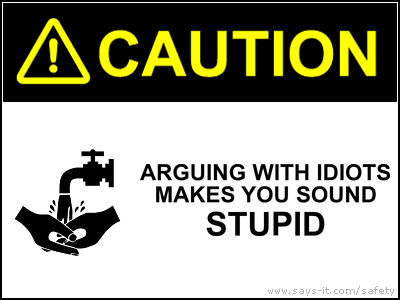Bad bishops
It's good to have a wise and godly bishop, but the other sort we can do without. Notice the ingenious justice of independent bishoprics. Once the believers scent a bad bishop, a nasty shepherd that sheep ought not follow if they know what is good for them, they shift one diocese over. Bad priest? Miraculously, the next parish grows. Sheep want shepherds who lead them to grass and water and stuff. That is why I like the idea of largely independent dioceses. It is a firewall of sorts to the spread of bad teaching and moral corruption. A way to envision one church for the whole world is on this episcopal, diocesan model. It is agreeable to scripture and tradition and appears to work well. I am impressed, in theory, with apostolic succession, but I am more impressed by apostolic success. Let me be indelicate. A bishop in gross impropriety* is no bishop to me, regardless of lineage, and a pope in error is simply a graven image who isn't a statue yet. It is rather like my ...
